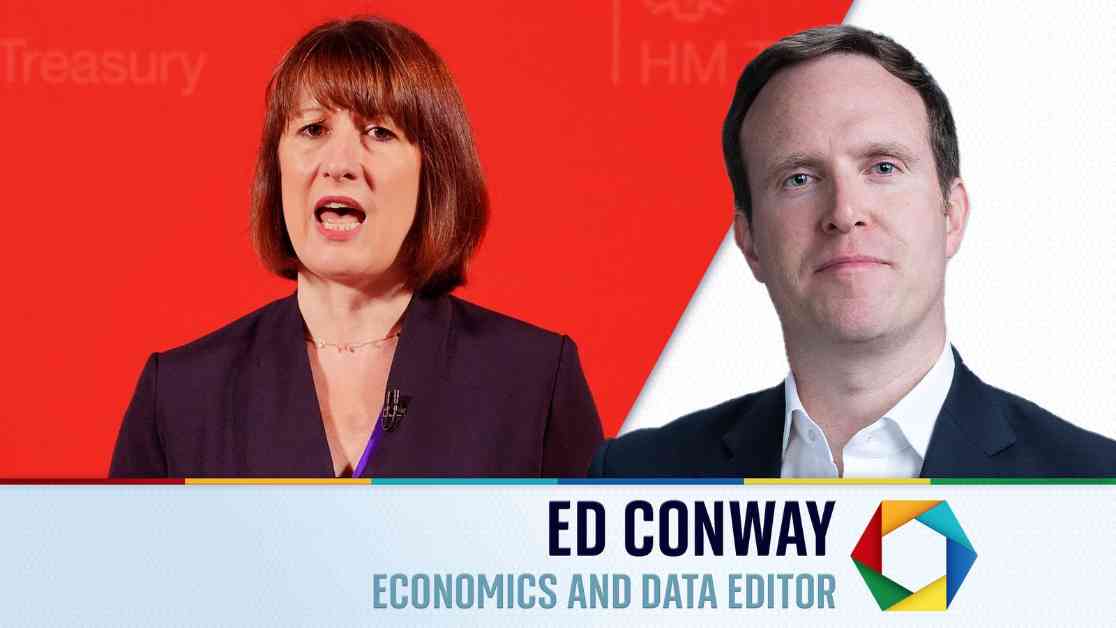The recent budget presented by the Chancellor has not been well received in financial markets. In fact, it has been met with a negative response, which is not what chancellors hope for after delivering their fiscal statements. This reaction was somewhat expected, considering the new government’s commitment to significantly more borrowing than previous administrations.
As a result of the increased borrowing, financial markets are now reconsidering their willingness to lend to the UK. This has led to a weaker pound and higher government bond yields. The pound experienced a significant drop, while gilt yields rose sharply, indicating that investors and economists are reevaluating their confidence in the UK.
The market response following the budget speech has been less than ideal, with yields increasing and the pound weakening. While this is not an ideal situation for any chancellor, it is not yet as severe as the reaction to a previous mini-budget in 2022. However, the rise in gilt yields and fall in sterling are still cause for concern, as they could result in higher borrowing costs for the UK in the future.
The Office for Budget Responsibility has warned that if gilt yields continue to rise, the Chancellor may breach fiscal rules set out in the budget documentation. Currently, the yield on five-year government debt is approaching a critical point where debt interest costs could eliminate any leeway the Chancellor has to avoid breaking these rules.
Although the situation is not yet classified as a crisis, the UK’s high levels of debt and the government’s plans for increased borrowing are being closely monitored by financial markets. The current volatility in markets, including the upcoming US election and Bank of England decision on interest rates, adds to the uncertainty surrounding the UK’s economic outlook.
In conclusion, the Chancellor is facing a challenging scenario following the budget announcement, with the potential for increased borrowing costs and a strained relationship with financial markets. It remains to be seen how the situation will unfold in the coming days and weeks, but it is undoubtedly a difficult time for the government and the economy as a whole.













